June 11, 2018 Industry news
GS1 UK’s inaugural Online Seller Summit landed at Foyle’s in the heart of London last week, bringing together 50 representatives of the online retail community for a lively day-long forum.
Giving a level playing field to industry giants like Google and eBay as well as SMEs that use online platforms as their primary route to market, two central trends quickly became apparent: the growing importance of data and an increasingly bright future for small-to-medium enterprise.
A growing appetite and scope for SMEs

Kicking off the event, Emma Jones of Enterprise Nation revealed an encouraging statistic for smaller businesses.
Not only did she affirm that “big retailers love small brands” but underlined that by 2022, one in every three pounds expended on services by the UK government will come from SMEs. That will equate to roughly £15bn per year.
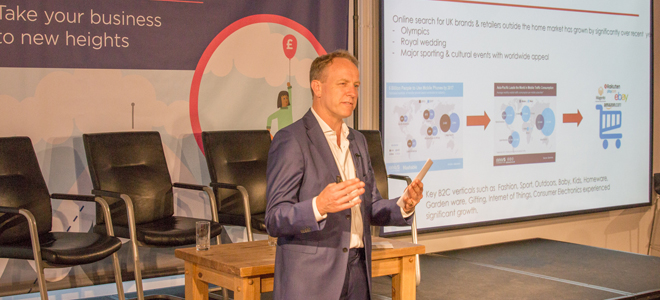
Edward Donald from the Department of International Trade pointed out that more than 450 e-marketplaces exist worldwide and that there was a sales uplift of up to 13 per cent for brands that piggybacked off UK-centred events and featured a British flag in their listings.
“Data is the backbone of retail”

Ryan Maresca from Google’s international business development division, was keen to point out that without the accurate and trustworthy data, online selling would simply collapse.
Google Shopping is insisting on GS1 GTINs to both improve search results and provide the common thread that aligns manufacturer, retailer and other product data sources in a consistent catalogue.
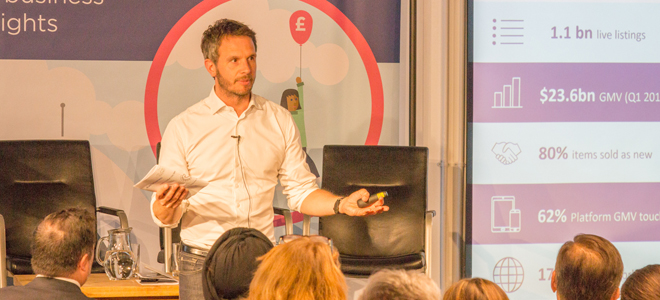
Along the same lines, Murray Lambell of eBay talked about their focus on providing a “product-based experience” by improving data quality across different product categories, by validating against GS1’s GTIN database.
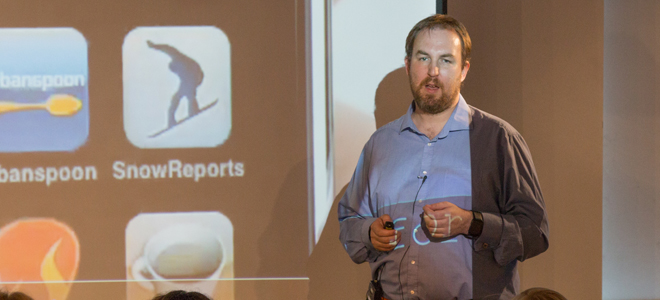
Technical Marketing Consultant, Gerry White, highlighted the move towards a “unified online ecosystem” in which co-dependent services could exist in the same interface without having to download their independent apps. In this new reality, data will be king.
In keeping with theme, the logistics panel concluded that data was the lynchpin of a user-friendly returns process, even if the function were outsourced to a third-party provider.
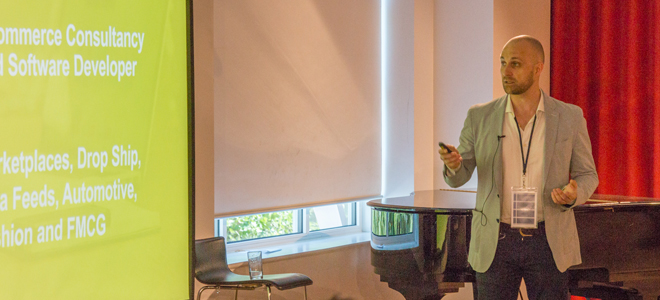
Ash Maroney of e-commerce specialists, Optiseller, associated “the quality of master data” to a company’s “speed of success” and listed his “4Cs”, a quartet of watchwords for master data excellence: clean, complete, consistent and contextual.
Social presence and optimism

A poll conducted on the day of the conference saw 57 per cent of delegates using social media channels as their marketing tools of choice, with both Optiseller and Zakera Kali of Peace & Blessings respectively alluding to the rise of “insta-brands” and the need to integrate shopfronts with social media sites.
The day rounded off with advice from consultant, Vinny O’Brien.
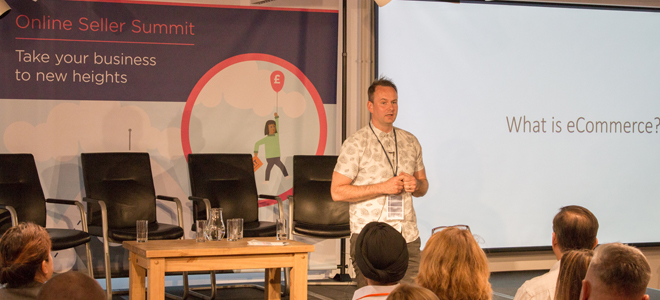
Suggesting that data standardisation was crucial to marketplace success, he added that companies should change their business plans on six-monthly basis.
Ending the event on a thoroughly positive note, he quoted the fact that eBay had made a million millionaires since its launch in 1995.
With the correct employment of trusted data at the heart of business, there is no reason that it could not make a million more in the decades to come.